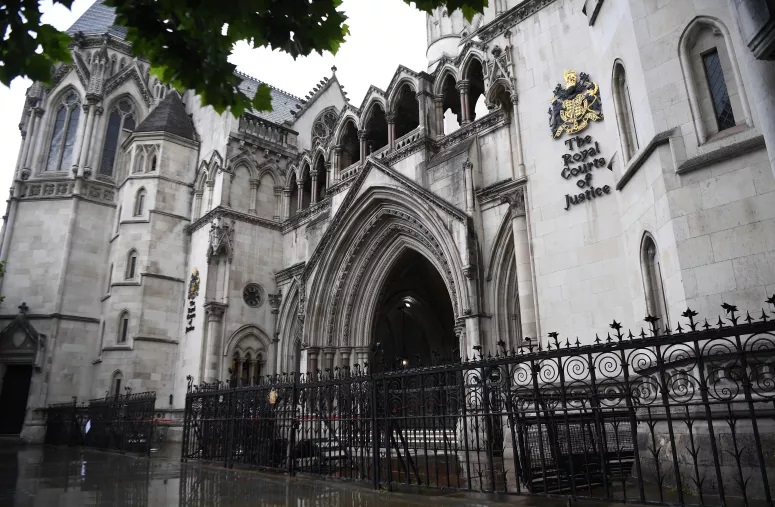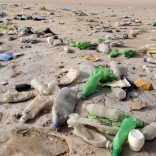Mozambique: 'Unprecedented' high temperatures recorded in 2024 - report
Mozambique: Environmentalists want more countries to withdraw from gas project

File photo: Lusa
Environmental activists behind a lawsuit to block the British government’s investment in Mozambique’s natural gas extraction project hope that a favourable decision will have a global impact.
On Tuesday, the High Court in London began considering a lawsuit by environmental organisation Friends of the Earth to overturn the UK government’s decision to provide up to $1.15 billion (€1.35 billion at the current exchange rate) through an export credit agency UK Export Finance (UKEF).
“We hope that it will withdraw the UK’s money from this truly damaging and destructive project, but we also hope that [the court’s decision] will also set a precedent for other export credit agencies,” Rachel Kennerley, international campaigns officer, told Lusa.
According to the campaigner, the environmental impact studies used by the UK were also used by export credit agencies in France, Italy, Japan and the US, so a decision unfavourable to the investment could have worldwide ramifications.
“What we hope to achieve today is for the courts to rule that the UK government’s decision to fund this huge gas project off the coast of Mozambique was illegal because it failed to consider everything required in the environmental impact studies and that it is fundamentally incompatible with the Paris agreement,” Kennerley said.
The environmental organisation estimates that the project will be responsible for releasing up to 4,500 million tonnes of carbon dioxide into the atmosphere over several years, which flouts Paris Agreement commitments to halt global warming.
Although the UK government announced the end of funding for overseas fossil fuel exploration in March, it maintained support for the liquefied natural gas (LNG) offshore project in the Rovuma basin in Cabo Delgado, northern Mozambique.
Area 1 is under concession to a consortium led by French oil company Total, which had to suspend construction work due to attacks by armed groups in Cabo Delgado province.
Valued at between €20 billion and 25 billion, Total’s gas extraction megaproject is the largest private investment in Africa, backed by several international financial institutions and envisages the construction of industrial units and a new city between Palma and the Afungi peninsula.
Before construction was suspended, the first liquefied gas export was scheduled for 2024.
In a document published in August, UKEF said that the construction would produce carbon dioxide emissions but considered that most of the emissions would happen at the end consumer and stressed that natural gas has the potential to replace other more polluting fuels.
“The potential for project gas to remove or replace heavier and lower carbon fuels has been considered (…). It is considered that, over its operational life, the project will result in at least some displacement of more polluting fuels, with the consequence of some net reduction in emissions,” she said.
The activist rejected this argument and the economic development potential for the region and the country, preferring to emphasise the immediate direct impacts for residents, such as land grabbing, the forced displacement of people, and violence from military forces terrorist groups.
“It is the responsibility of countries like the UK, which have a huge historical responsibility for emissions that have affected the climate, to ensure that they are helping countries like Mozambique, which are incredibly vulnerable to climate change and have done little to cause climate change, to make the transition to a climate-safe economy and climate-safe energy, in addition to improving access to energy,” Kennerley argued.
The activist was speaking this morning outside the High Court, where a small group of activists from Friends of the Earth gathered before the first of three days of hearings on this case.
The judges’ decision is not expected before January.












Leave a Reply
Be the First to Comment!
You must be logged in to post a comment.
You must be logged in to post a comment.